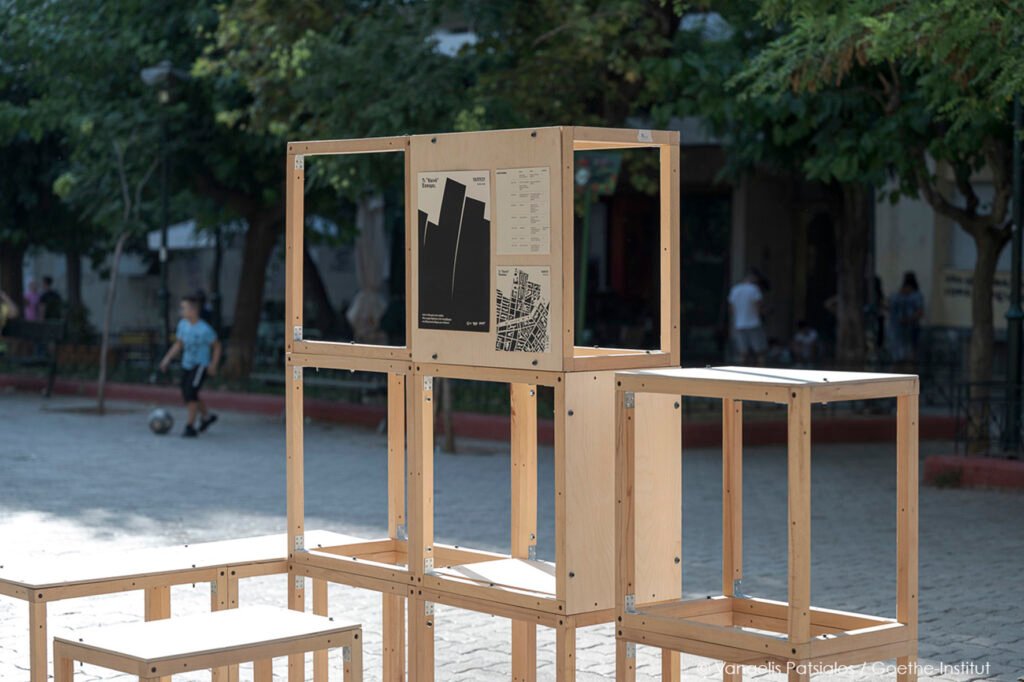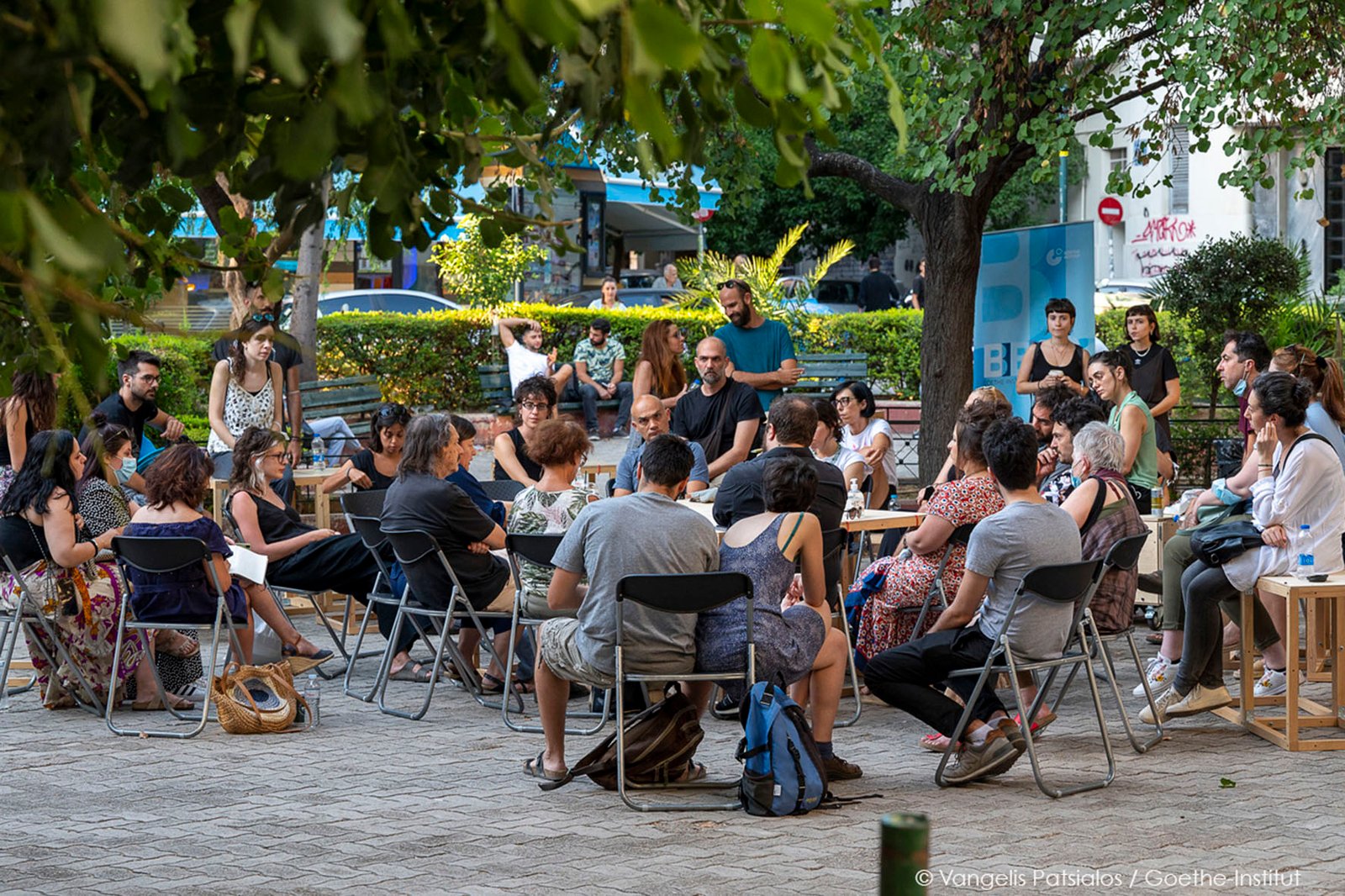As the pandemic swept across the globe in 2020-2021, accompanied by significant sociopolitical transformations, we experienced a peculiar condition. On one hand, there was a noticeable surge in efforts to isolate and restrict public spaces, as if sealing them off from the outside world. However, amidst this backdrop, something extraordinary occurred: urban dwellers began to assert their presence and stake a claim to the city's open areas, forging a novel sense of social interconnectedness. The hushed stillness that blanketed the urban landscape during lockdowns, coupled with countless expeditions into every nook and cranny of Athens, unveiled the city in a wholly different perspective. It revealed an alternative way of existence, one that possessed the potential to redefine our values and reshape our patterns of behavior.
The idea behind this event is to shed light on the opportunities and dangers coming out of this unprecedented crisis and to relate these new circumstances to the questions, practices, and demands of the Commons movement in all its different manifestations. Embarking on a linguistic exploration centered around the notion of "commons," we ventured to familiarise ourselves with the myriad projects and collectives active within the city of Athens. Our aim was to gain a deeper understanding of their ideologies and actions, while also envisioning uncharted avenues for profound social transformation and fresh approaches to the utilisation and appropriation of public spaces.
At its core, the commons represents an imaginative dynamic, an intention, a will and desire to foster a shared existence. It challenges us to contemplate the possibility of a city divergent from our past experiences, one shaped by the collective actions of its inhabitants. Can we dare to envision a city where the very essence of its identity is intertwined with the individuals who inhabit it? Is it conceivable to envision a unified "we" that transcends the boundaries of individualism, where the concept of self is augmented by a greater sense of communal unity?


From theory to practice
The open space of the modern city is generally produced either by state or private entities with commercial interests. Public space is legitimised and designed through top-down procedures, which not only limits access to the space, but also affects the ways we act in it or even the way we imagine it.
Common Space, in contrast to the public space, is formed through bottom-up initiatives, while offering opportunities for unexpected meetings, informal events and alternative activities outside the increasingly controlled and privatised "open" urban space. Thus, it represents a potential of emancipation and the unfolding of new forms of social relations. In common space citizens do not simply use an area, they create the space themselves by inventing new forms of inhabiting according to their desires and aspirations.
At the same time that modern society expands the private space at the expense of the previously public space, it assimilates, shrinks or annihilates the common space and limits the freedoms of the city dwellers. The right to the city highlights the need to reclaim social space and redefine our social relationships. Claiming the Commons we do not aim to expand public space, but to invent a new social condition that, depending on its duration and strength, can lead to the reinvention of the public space as common.



You may find more information here: https://www.goethe.de/ins/gr/el/ver.cfm?fuseaction=events.detail&event_id=22270232
